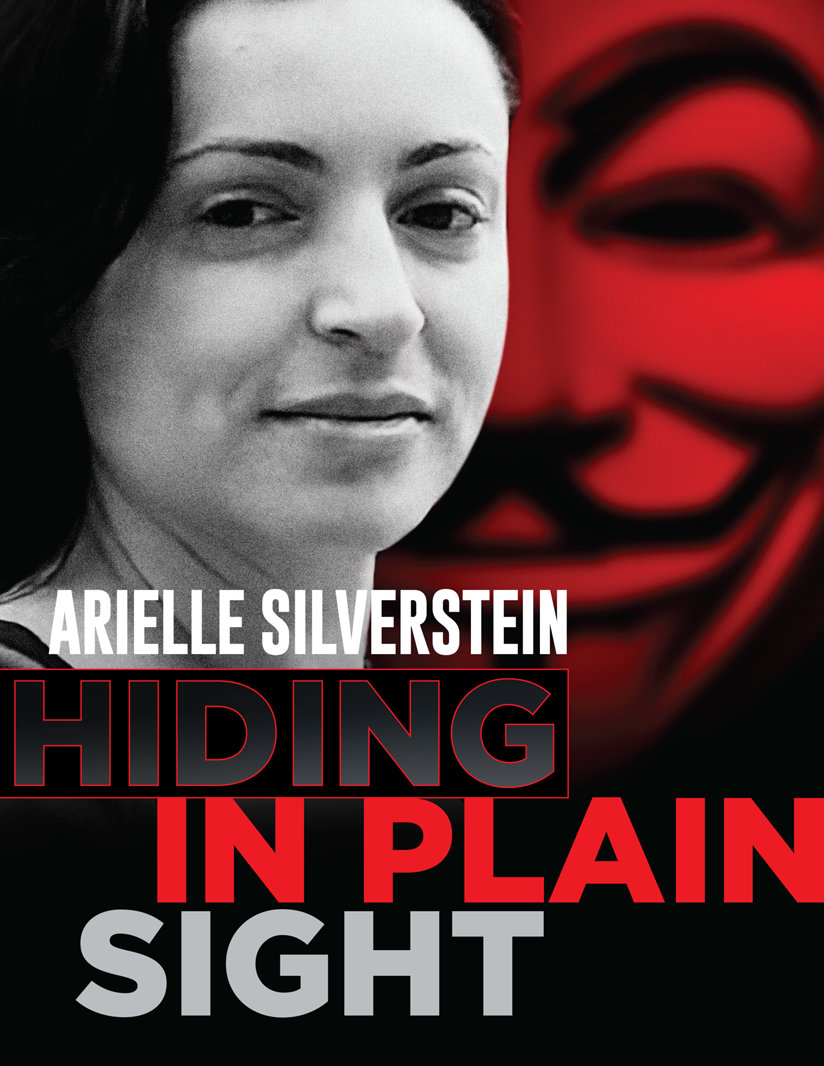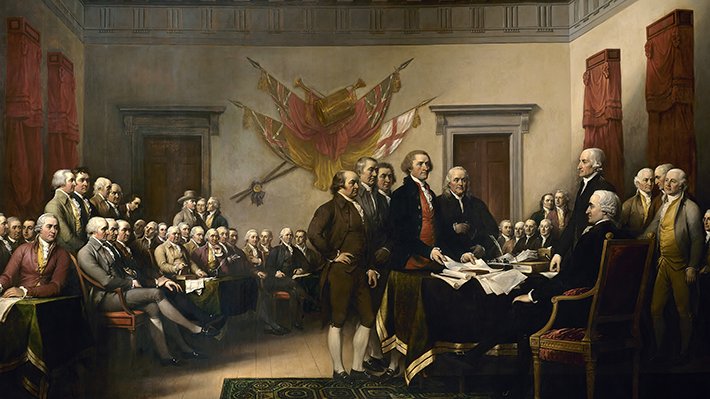
-
HOME
-
WHAT IS STANDOur Mission Our Values Our Help Contact
-
WHAT WE FIGHT FORReligious Freedom Religious Literacy Equality & Human Rights Inclusion & Respect Free Speech Responsible Journalism Corporate Accountability
-
RESOURCESExpert Studies Landmark Decisions White Papers FAQs David Miscavige Religious Freedom Resource Center Freedom of Religion & Human Rights Topic Index Priest-Penitent Privilege Islamophobia
-
HATE MONITORBiased Media Propagandists Hatemongers False Experts Hate Monitor Blog
-
NEWSROOMNews Media Watch Videos Blog
-
TAKE ACTIONCombat Hate & Discrimination Champion Freedom of Religion Demand Accountability
Fighting the Erosion of Religious Freedom
My wife and I recently visited Ventura, California, staying in a lovely Marriott. During a short ride in the hotel elevator, we struck up a conversation with another couple. I mistakenly assumed they were Scientologists, in town like I was, to attend the grand opening of our newest church.
Turns out they were attending a meeting of Baptist pastors at the hotel. Once we straightened out our respective denominational preferences, we quickly realized we had something in common. Both of us had observed that religion in general—whether Christianity, Islam, Judaism, Scientology or other—was under attack by secular forces.

I was born Jewish and continued to embrace this faith even while I became a Scientologist some 47 years ago. Over my lifetime, I have personally been denigrated for practicing each of these religions. Nothing new with this—minorities have always been the subject of popular attacks based on falsehoods, malicious rumors, gross generalities and stereotypes.
Our embrace of religious freedom for all must be joined by a willingness to defend that freedom.
But in recent years the attacks have become more generalized. All organized religions are bad, suspect, naïve, false—even “the root of evil.” God is an abstract subject, “unprovable” by empirical examination. All is flesh and blood. You live, you die, you turn to dust. Faith is simply nerve synapses connecting to release hormones. Drugs are the answer, not prayer or religious practice. Benefits like faith, fellowship, help and mental healing derived from being part of a religious group are mocked as fantasies or crutches.
Zealots who promulgate such hateful bigotry can reside in some of our most hallowed institutions. Failing to uphold the high standards of their group, they are eroding them from within. An example of this is the case of Arielle Silverstein, an attorney employed by the United Nations who has been anonymously spewing antireligious propaganda.
READ: ARIELLE SILVERSTEIN. HIDING IN PLAIN SIGHT
Our embrace of religious freedom for all must be joined by a willingness to defend that freedom. In my opinion, the successful counterattack will not be debating our beliefs with our attackers. Rather, we can win the battle by practicing and publicizing the very best each religion offers—love, faith, charity, fellowship, family and the long list of positive qualities that religions bring to enrich lives and build beautiful futures.
As different as I might be from my new Baptist pastor friend, we both instantly recognized the need to draw together. Our common ground is the defense and celebration of this priceless freedom of religion—a freedom we refuse to let erode.










